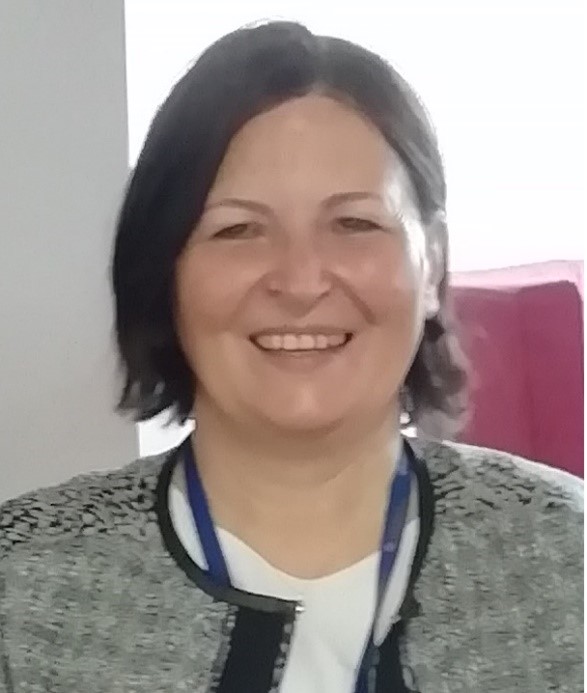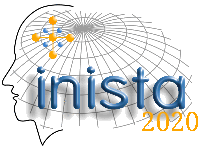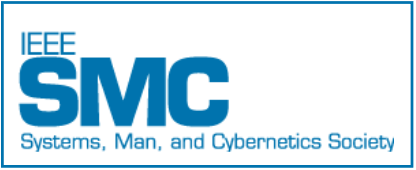Violeta Holmes
Fundamentals of Deep Learning for Computer Vision
Tutorial will be held on 27th of August. Number of participants is limited, please express your interest sending e-mail to mira@dmi.uns.ac.rs.
Abstract:
This tutorial teaches deep learning techniques for a range of computer vision tasks. After an introduction to deep learning, you’ll advance to building and deploying deep learning applications for image classification and object detection, modifying your neural networks to improve their accuracy and performance, and implementing the techniques you’ve learned on a final project. At the end of the workshop, you’ll have access to additional resources to create new deep learning applications on your own.
| Assesment type: | Code-based |
| Certificate: |
Upon successful completion of the assessment, participants will receive an NVIDIA DLI certificate to recognize their subject matter competency and support professional career growth. |
| Prerequisites: |
Familiarity with programming fundamentals |
|
Tools, libraries, and frameworks: |
Caffe, DIGITS
|
Learning Objectives:
- Implement common deep learning workflows, such as image classification and object detection
- Experiment with data, training parameters, network structure, and other strategies to increase performance and capability of neural networks
- Integrate and deploy neural networks in your own applications to start solving sophisticated real-world problems
Agenda:
| TOPIC | DESCRIPTION |
|
Introduction (15 mins) |
|
|
Unlocking New Capabilities (120 mins) |
|
|
Break (60 mins) |
|
|
Unlocking New Capabilities and Measuring and Improving Performance (120 mins) |
|
|
Final Project (120 mins) |
|
|
Final Review (15 mins) |
|
 Biographical note:
Violeta Holmes is a Reader (Associate Professor) in High Performance Computing at Huddersfield University with over 25 years of teaching and research experience in computing and engineering, and (co)author of over 100 publications in refereed journals and international conferences.
Biographical note:
Violeta Holmes is a Reader (Associate Professor) in High Performance Computing at Huddersfield University with over 25 years of teaching and research experience in computing and engineering, and (co)author of over 100 publications in refereed journals and international conferences.
She is High-Performance Computing (HPC) Research group Leader at the University of Huddersfield, ARCHER UK National Supercomputing Service champion, NVIDIA Deep Learning Institute (DLI) certified instructor and ambassador.
Violeta is actively promoting partnership between industry and academia working closely with local SMEs. She has led and participated in UK government and university funded research projects. She has presented her work at UK government events and scientific conferences on Higher Education and High Performance Computing, and she promotes UK education through British Council activities.
As a Chartered Engineer and a member of the Institute of Engineering and Technology, and BSC The Chartered Institute for IT, she continues to support the advancement and promotion of the careers of women in science, engineering and technology in Higher Education and research.





